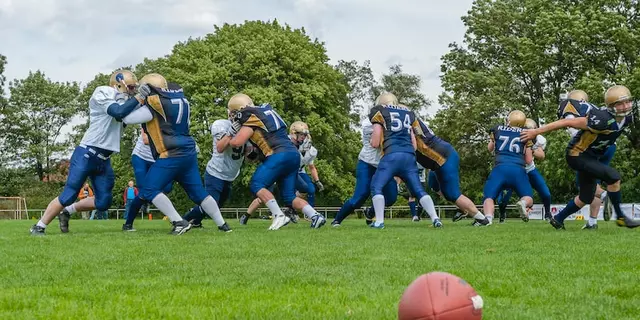Addiction Awareness: What You Need to Know
Addiction can show up in many forms – alcohol, drugs, gambling, even screens. It often starts small, then grows until it feels impossible to stop. Recognizing the signs early makes a huge difference, and you don’t have to go it alone. Below are simple steps you can take today to spot trouble, start a conversation, and find help.
Spotting the Early Warning Signs
First‑time users might think they’re just having fun. Look for any of these red flags: using more often than planned, feeling restless when you can’t, hiding usage from friends, or letting the habit hurt work, school, or relationships. Physical signs include sudden weight changes, bloodshot eyes, or neglecting personal hygiene. If you notice a pattern, pause and ask yourself how the habit fits into your daily life.
Talking openly is key. Bring up your concerns without blame – say something like, “I’ve noticed you’ve been drinking a lot lately, and I’m worried about you.” Keep the tone caring, not confrontational. People are more likely to listen when they feel supported rather than judged.
Getting Help and Building a Support Network
There are countless resources that don’t cost a fortune. Local community centers often run free support groups, and many national charities offer 24/7 helplines. If you’re unsure where to start, search for “addiction helpline” plus your city or zip code. Online forums can also provide anonymity and peer advice, but always double‑check the credibility of the site.
Professional help matters, too. A therapist trained in addiction can tailor a plan that fits your schedule and budget. Some insurance plans cover counseling, and many clinics work on a sliding scale. Remember, asking for help isn’t a sign of weakness – it’s a smart move toward a healthier life.
Finally, create a daily routine that reduces cravings. Simple habits like regular exercise, balanced meals, and enough sleep can lower stress, which often triggers addictive behavior. Replace the habit with a hobby you enjoy – cooking, painting, or even a short walk can give your brain a new focus.
Recovery isn’t a straight line; there will be setbacks. Treat each slip as data, not failure. Adjust your strategies, lean on your support network, and keep moving forward. You have the power to change the narrative, one small step at a time.
Kieran Lockhart, Mar, 18 2025
Tragic End: The Vivienne's Battle with Ketamine Addiction
The Vivienne, aka James Lee Williams, the celebrated winner of *RuPaul’s Drag Race UK* season 1, tragically passed away at 32 due to ketamine-induced cardiac arrest. The shocking end has prompted their family to raise awareness about the hidden dangers of ketamine. They aim to memorialize James by supporting addiction recovery initiatives amid rising ketamine use in the UK.
View More




